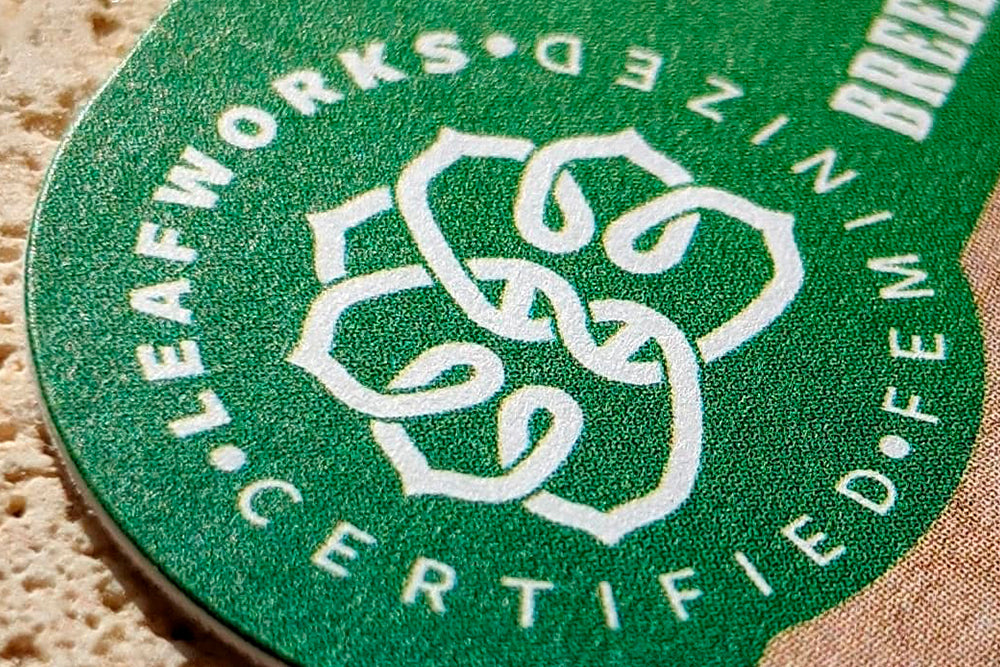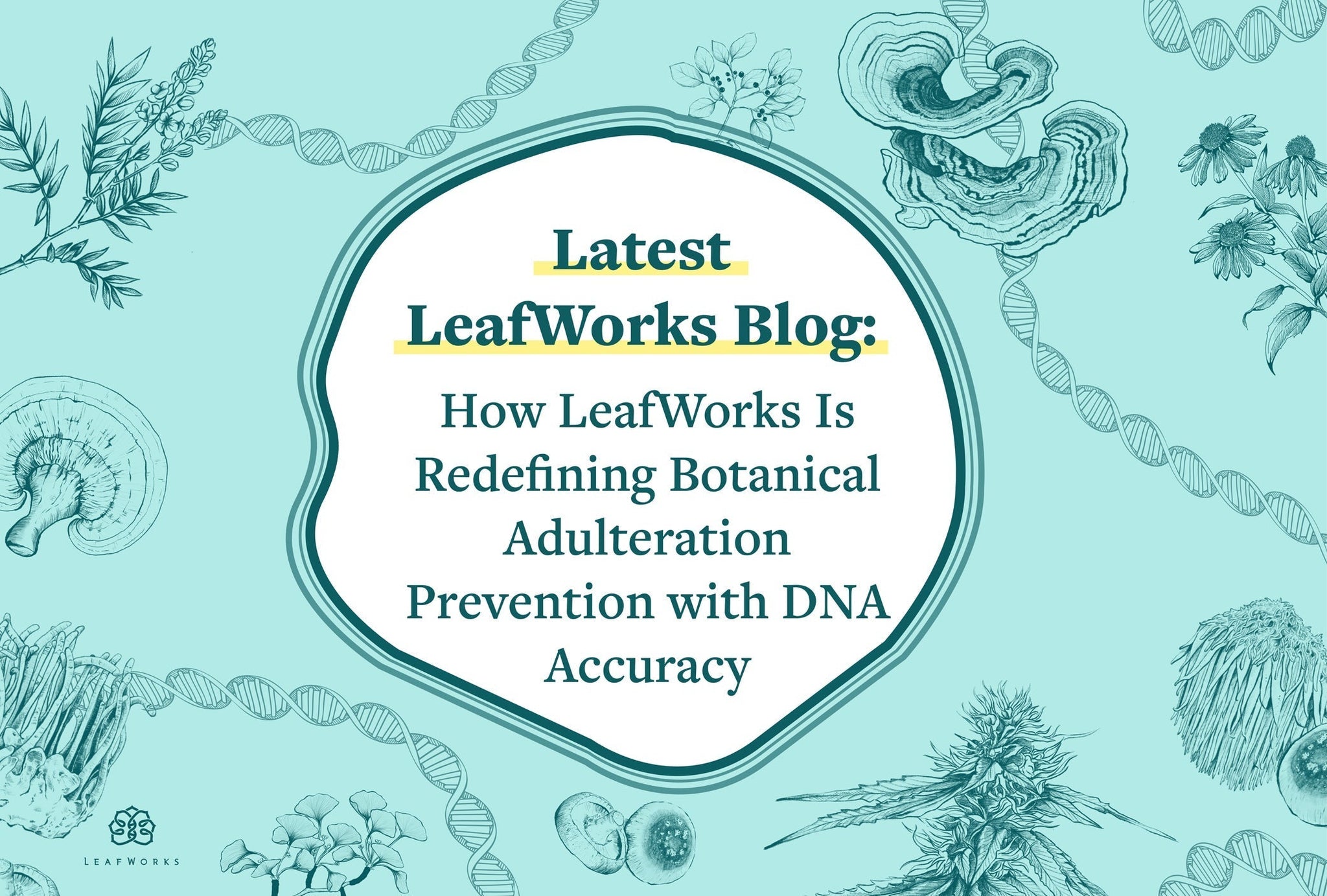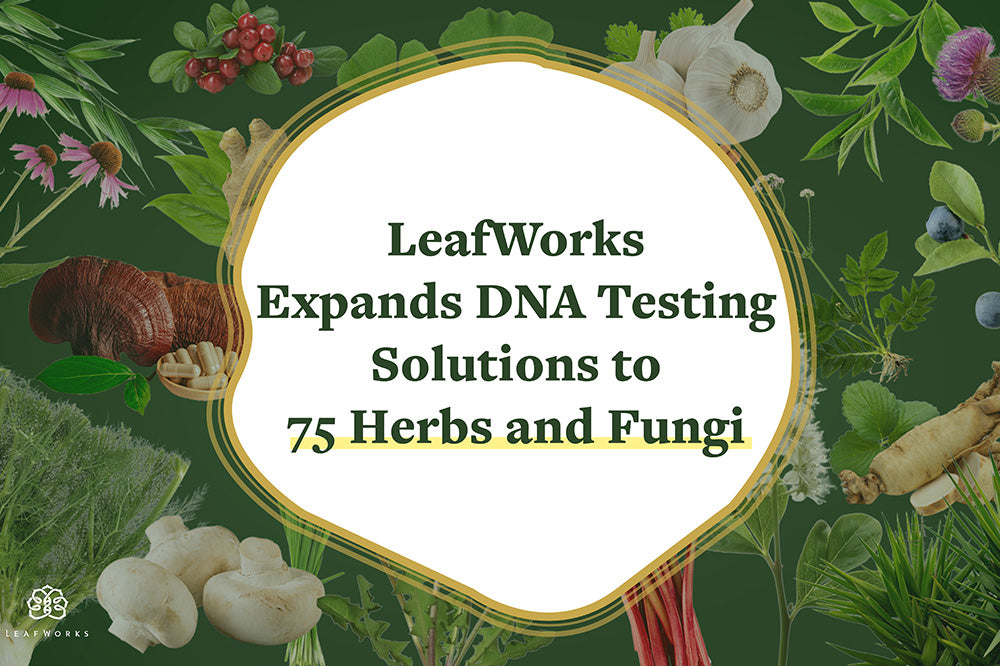Why Third Party Cannabis Certification is Critical for Naming, Labeling, Brand Equity

Third-party cannabis certification and validation of label claims is key for any cannabis product for two reasons. Firstly, it is ingested as a consumable affecting human health and wellness. Consumers need their labels to be truthful to assure safety and impact. Secondly, the FDA mandates verified ingredient label claims on all natural products. Upon legalization, cannabis becomes just like any other natural product, subject to the required their validation standards just like any other natural product on the market.
Brand building is essential in this fiercely competitive and emerging market, and getting the proper third-party certification to back up your brand is a key differentiator. If a reputable source can't verify a product or service, one could argue it's not genuine or reliable in the eyes of its consumers. Branding guidelines should be an essential practice for any cannabis business to follow, and this overview provides helpful guidelines to build a successful business that will survive and thrive.
Below are some of the reasons why third party certification is critical for naming, labeling, brand integrity and why brand equity is imperative.
1. Increases brand trust
Third-party certification is the process in which a brand applies to a trusted impartial entity to confirm compliance with standards of quality and regulatory requirements. It is proof that your brand adheres to real label standards. Certification provides transparency to investors and customers, will promote sales, strengthen brand recognition and position your brand as consistently high quality. The fact that you and your company make certification a priority shows you are conscientious and that you truly care.
2. Safer and more reliable products
Third-party cannabis certification ensures the ability to sell products and services at a safe and reliable standard, which may otherwise be unsafe or inconsistent due to unprofessional or unethical practices. By ensuring the product or service is safe, reliable, and practical, one can expect customers to be confident in the product(s) they buy. It leads to more sales and happier customers who will repeatedly buy and recommend your brand to others. In the era of online reviews, social media can be a powerful force for brand growth.
3. Increases sales
Third-party certification increases the confidence of sales representatives and clients in the validity of a product or service. When they are aware of third-party accreditation, they will likely be able to sell the product or service more accurately and effectively, increasing the sales volume. Third party certifications are a direct result of conscious consumerism. People will pay more, and purchase more often when they know what they are consuming meets their high standards for consumption.
4. Protects your product from litigation
When you sell a product based on a label claim and that label claim is incorrect, litigation is common and can be devastating for companies, particularly small ones. According to The New York Times, class action lawsuits against label claims of food and beverage companies have increased over 350% in the last decade. A certification may show the product’s claims are tested and legitimate, and if it is ever involved in any litigation, the fact that it has been certified by a third party will prove the brand’s integrity.
5. Brand building
With the promotion of the product by the certification agency and your own marketing of the certification seal on your products and company materials, consumers are likely to be exposed to your brand’s higher quality more often and thus build a more vital perception of the brand's credibility. In crowded markets where competition is fierce, building a differentiated product can result in a client “adding to cart” or walking away to try someone else’s product.
7. Consistency enforcement
Third-party certification enforces consistency among products or services of the same brand name. Different variations of the same product in the marketplace can confuse consumers and sales representatives, increasing a business's liability risk. Third-party certification ensures that products are all certified to be identical or up to specifications, thereby creating a sense of stability for consumers and investors.
8. Strengthens your odds to procure financing
Competition for funding is fierce, so demonstrating to investors how your brand stands out is critical. Potential investors want to know they can trust you to build a strong, viable product and the upfront cost to protect your label claims with third party validation is wise in order to reduce risk exposure. With third party validation, you can prove that not only you are what you say you are, but also that your company is organized, provides a superior experience to your customer, and is in top shape for investment.
8. Enhances product differentiation
Third-party certification clearly distinguishes products and services offered by the same brand as consistent and superior to their competitors. It allows for a specific product or service to target certain niche markets or for a specific customer segment to be targeted. It brings increased revenue and allows for more simplicity in branding and marketing.
Brand equity is a crucial element of any company's success. It affects business operations in many ways, including the retail store, brand name recognition, and product selection. Brand building is essential and getting the proper third-party certification to back up your brand is important.
Our team at LeafWorks helps cultivators be leaders in their industry by providing plant DNA testing and services to validate plant label claims, help preserve their genetic IP, improve efficiency, and ultimately evolve their operations. We specialize in plant identification services to protect and advance the cannabis, hemp, and herbal industries. This includes 3 different certification services spanning cultivar identity and supply chain flow to even feminization status.


